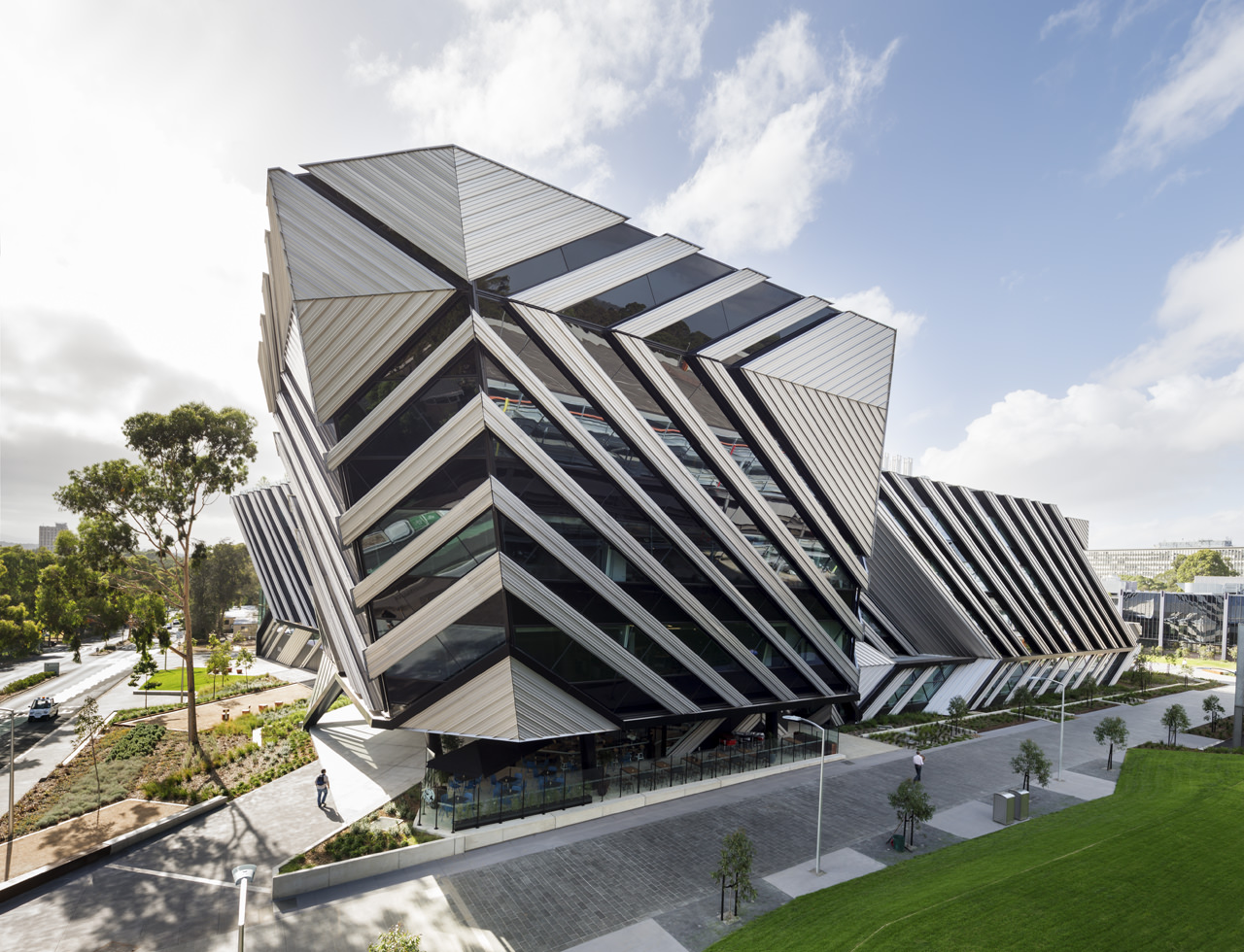5th Phantom and MCFOST
Users Workshop
2024
How does this dust collect in protoplanetary discs to form planets like the Earth and people like us? How do stars feed black holes in tidal disruption events? How does the common envelope get ejected?
All of these questions can be answered using Phantom, a smoothed particle hydrodynamics code developed right here at Monash, and MCFOST, a class-leading radiative transfer code originally developed at the University of Grenoble-Alpes, France and also at Monash.
Following our successful workshop last year, we are delighted to host the joint Franco-Australian Phantom and MCFOST users workshop in 2024
1. To consolidate development efforts
2. To set a roadmap for development priorities
3. To grow the user community, and especially to encourage sideways interaction between users
We will set each afternoon of the workshop as a hackfest, to collaboratively implement new features and tests
Dates: 12th-16th Feb 2024
Venue: Monash University, Melbourne, Australia

We are grateful to AFRAN for support for the workshop. The Australian-French Association for Research and Innovation (AFRAN) aims to actively promote the development of cooperation between France and Australia in the areas of research and innovation.
| Speaker | Title | Recordings |
|---|---|---|
| Daniel Price | Recent science highlights and new capabilities in PHANTOM | Slides |
| Jean-François Gonzalez | Dust grain evolution in protoplanetary disks | Slides |
| Rachel Harrison | Polarimetry as a probe of protoplanetary disk properties | Slides |
| Cristiano Longarini | Self gravity in protostellar discs: Why (we must) care? | Slides |
| Alison Young | Radiative cooling approximations and the beginning of planet formation | Slides |
| Caitlyn Hardiman | No turbulence in DM Tau? | Slides |
| Sahl Rowther | Gravitational instability in irradiated discs | Slides |
| Elli Borchert | The stellar flyby in RW Aur | Slides |
| Rebecca Nealon | Adaptive Particle Refinement in Phantom | Slides |
| Terry Tricco | Sarracen roadmap | Slides |
| Timothée David--Cleris | Shamrock: SPH on the GPU | Slides |
| Mike Lau | Common envelopes and planetary engulfment in SPH | Slides |
| Megha Sharma | Timmy drinks the holy grail: Partial tidal disruption events as the elixir of life | Slides |
| Luis Bermudez-Bustamante | Dust formation in common envelopes | Slides |
| Chunliang Mu | Photospheric evolution in common envelopes | Slides |
| Iain Hammond | Direct Imaging of Protoplanets: Where Simulations and Observations Meet | Slides |
| Taïssa Danilovich | Beyond gravity: What can Phantom and MCFOST models tell us about observables in binary AGB systems | Slides |
| Mats Esseldeurs | Enhancing AGB Outflow Simulations: Implementing a Ray-Tracing Algorithm in PHANTOM for Efficient Radiation Field Computation | Slides |
| Jacksen Narvaez | Building an SPH astrophysical simulation code in the Rust programming language | Slides |
Alison Young - University of Edinburgh
Ana Lourdes Juarez Garcia - Macquarie University (remote)
Caitlyn Hardiman - Monash University
Christophe Pinte - Monash University
Chunliang Mu - Macquarie University
Cristiano Longarini - Università degli Studi di Milano/Institute of Astronomy, Cambridge (remote)
Daniel Price - Monash University
Dimitri Veras - University of Warwick
Elli Borchert - Monash University
Fathima Manooja - Memorial University of Newfoundland
Iain Hammond - Monash University
Jack Nibbs - Macquarie University (remote)
Jean-François Gonzalez - Centre de Recherche Astrophysique de Lyon
Jeremy Smallwood - Academia Sinica
Luis Bermudez-Bustamante - Macquarie Univeristy
Mats Esseldeurs - KU Leuven
Megha Sharma - Monash University
Mike Lau - Heidelberg Institute of Theoretical Studies (remote)
Narges Vadood - Memorial University of Newfoundland (remote)
Nimantha Samaratunge Mudiyanselage - Monash Univeristy
Nurul Bin Ibrahim - Memorial University of Newfoundland
Piotr Łojko - University of Wrocław
Pratishtha Rawat - University of Warwick
Rachel Harrison - Monash University
Rafael Martinez-Brunner - University of Warwick
Rebecca Nealon - University of Warwick (remote)
Sahl Rowther - University of Warwick
Taïssa Danilovich - Monash University
Terrence Tricco - Memorial University of Newfoundland
Timothée David--Cléris - Centre de Recherche Astrophysique de Lyon
Tom Hilder - Monash University
Yona Lapeyre - Centre de Recherche Astrophysique de Lyon

The conference will be held in:
Level Four
New Horizons
20 Research Way
Monash University Clayton Campus
Clayton, Victoria, Australia.
The cheapest way to get here is to take the Skybus from the airport to Southern Cross Station, jump on a train to Huntingdale (Pakenham/Cranbourne line) and then catch the 601 shuttle bus from Huntingdale station to the campus. Total cost around $25. Check the ptv website for details.
The fastest way to get here is in a taxi, but it will cost you around $120.
Our recommended accommodation option is Mannix college. Otherwise you can check hotels close to campus. Staying somewhere in South Yarra is another option which is on the train line to Monash (30 mins to campus) but in a lively area closer to the centre of Melbourne.
Click here to register and submit an abstract.
12th Jan, 2024: Abstract deadline.
19th Jan 2024: Early bird registration deadline.
3rd Feb 2024: Registration deadline for catering.
Participation in the workshop is subject to the Astronomical Society of Australia code of conduct for scientific meetings
daniel.price@monash.edu
(please include "Phantom/MCFOST users workshop" in the title for email queries)
SCIENTIFIC ORGANISING COMMITTEE
Daniel Price
Christophe Pinte
Taissa Danilovich
Rebecca Nealon
Terrence Tricco
LOCAL ORGANISING COMMITTEE
Daniel Price (chair)
Rachel Harrison (co-chair)
Taissa Danilovich
Christophe Pinte
Iain Hammond
Caitlyn Hardiman
Megha Sharma
Tom Hilder